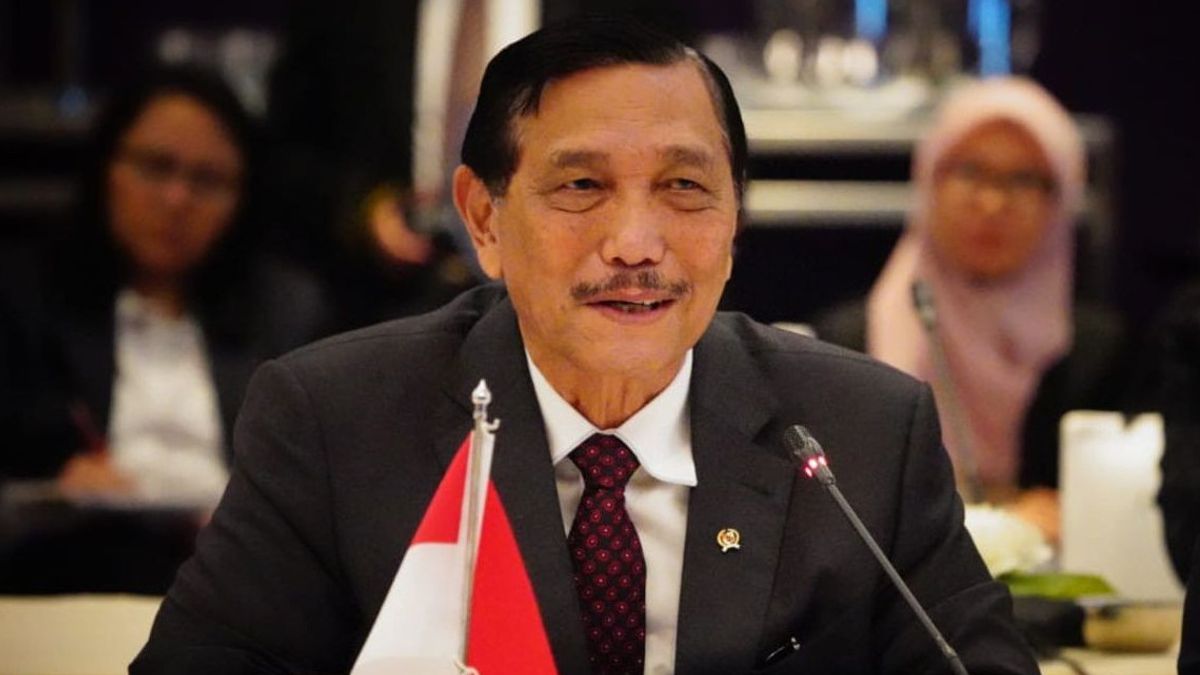JAKARTA - The COVID-19 pandemic has now created a new problem in the country, namely medical waste. This issue is considered an emergency by the government. One of the efforts made to overcome this is by working with cement factories to prepare incinerators for processing hazardous and toxic waste (B3) which will be placed in priority locations.
Coordinating Minister for Maritime Affairs and Investment (Menko Marves) Luhut Binsar Pandjaitan assessed that the management of medical B3 waste during the COVID-19 pandemic was an emergency issue that must be done immediately.
This is in accordance with President Joko Widodo's direction at the Limited Cabinet Meeting on July 28 to be serious, systematic and fast in handling the surge in medical waste generation during the pandemic.
"The government sees an emergency that must be handled immediately, namely the generation of medical waste generated during the COVID-19 pandemic," he said in an official statement, Wednesday, August 4.
Luhut said the government would cooperate with cement factories spread across various regions to be able to help destroy medical B3 waste. Considering the furnace / cement kiln can reach temperatures above 1,200 degrees Celsius.
"Parallel to that, we will prepare B3 waste treatment incinerators to be placed in priority locations, as well as prepare a budget for handling emergency medical B3 waste," he said.
Luhut said several priority locations for handling COVID-19 medical B3 waste are in hospitals or health service facilities, centralized isolation centers and places of self-isolation.
Furthermore, said Luhut, there are 15 provinces that do not yet have B3 waste processing services, so the waste must be transported to the nearest province that already has processing facilities. To ensure the smooth running of this initiative, there will be synchronization and detailing of data on the generation of COVID-19 medical B3 waste and the amount of waste that has not been able to be processed.
Meanwhile, the Minister of Environment and Forestry, Siti Nurbaya Bakar, said that B3 waste is an urgent waste to be handled immediately. Moreover, currently B3 waste is increasing in line with the expansion of isolation places for COVID-19 patients.
"The management of COVID-19 medical B3 waste has become very urgent to handle since the widespread sources of B3 waste from handling COVID-19 such as hotels, guesthouses, as well as community isolation and self-quarantine places," said Siti.
Siti said B3 waste management consists of several stages, namely collection, sorting, packaging, labeling, storage, transportation, and destruction. All of this is done so that the B3 waste does not become a source of disease or greater environmental damage.
Head of the Financial and Development Supervisory Agency (BPKP) Muhammad Yusuf Ateh said his party would oversee the management of the medical B3 waste.
"BPKP will oversee the process of planning and procuring medical B3 waste processing equipment, from the stage of determining the real need for facilities to the process of handing over equipment assets from K/L to local governments," he said.
The English, Chinese, Japanese, Arabic, and French versions are automatically generated by the AI. So there may still be inaccuracies in translating, please always see Indonesian as our main language. (system supported by DigitalSiber.id)










